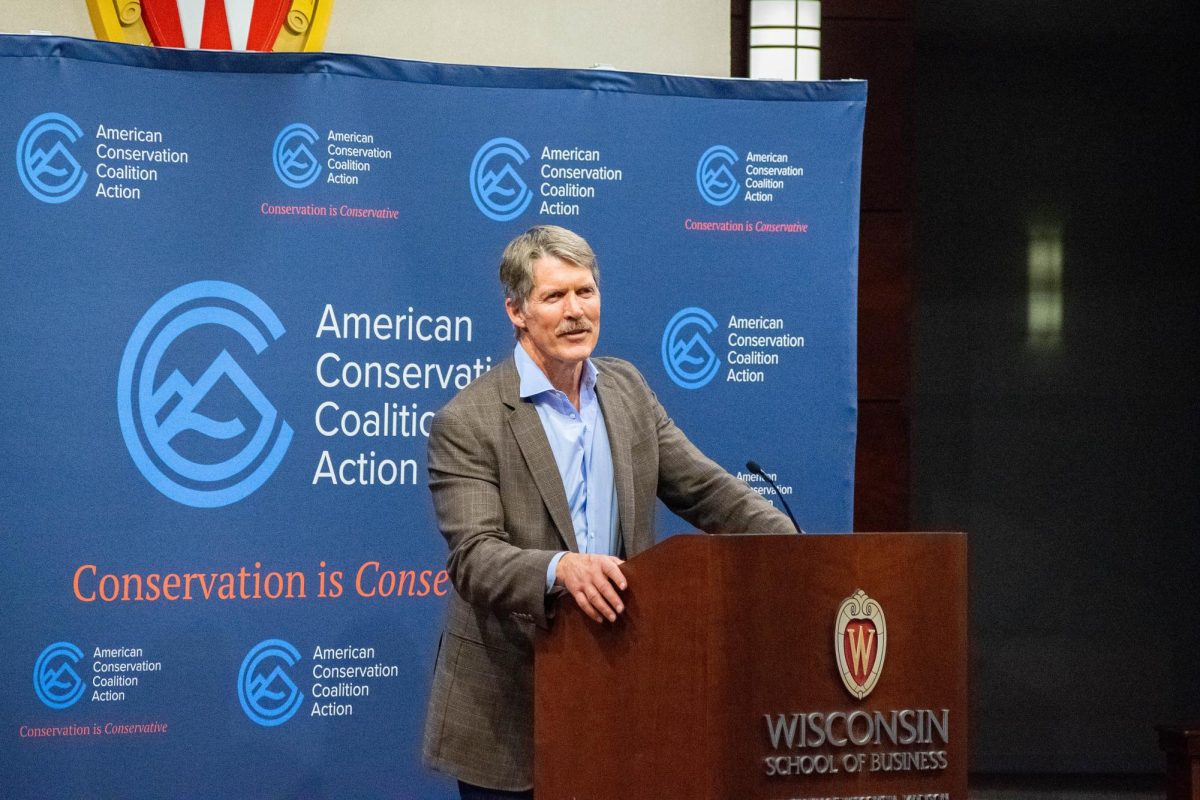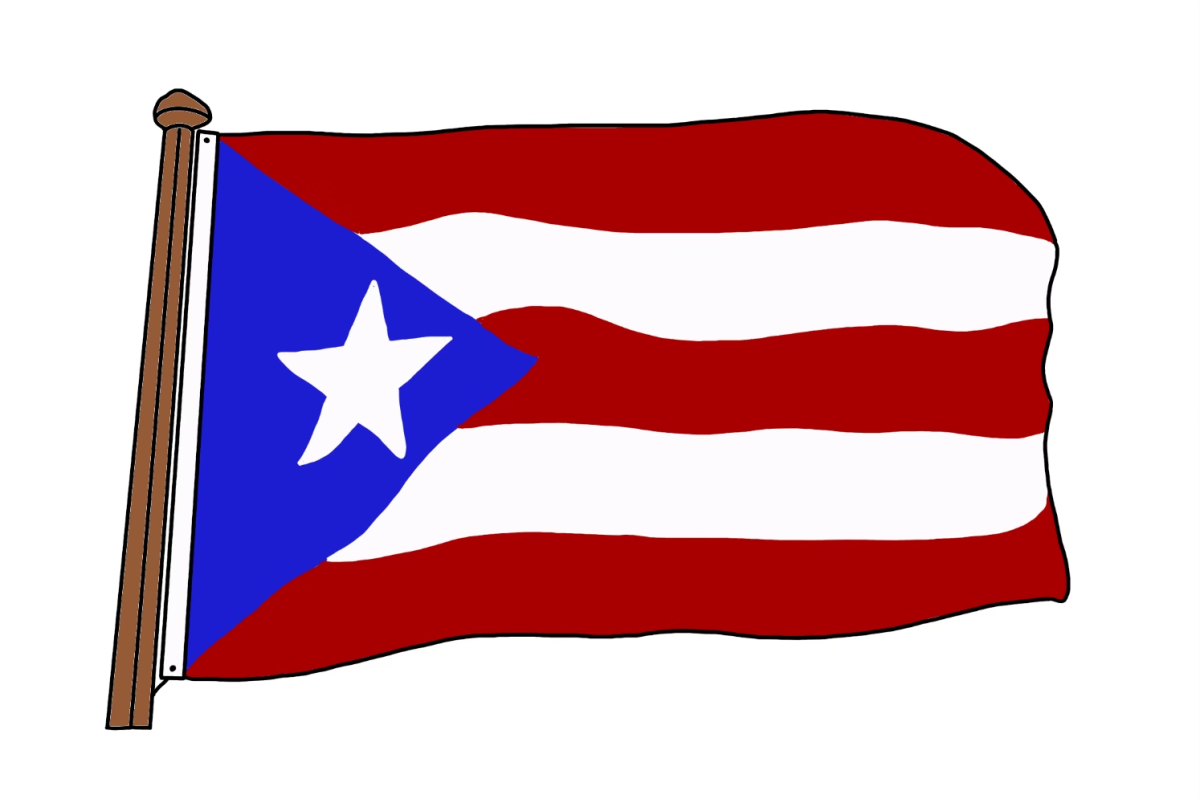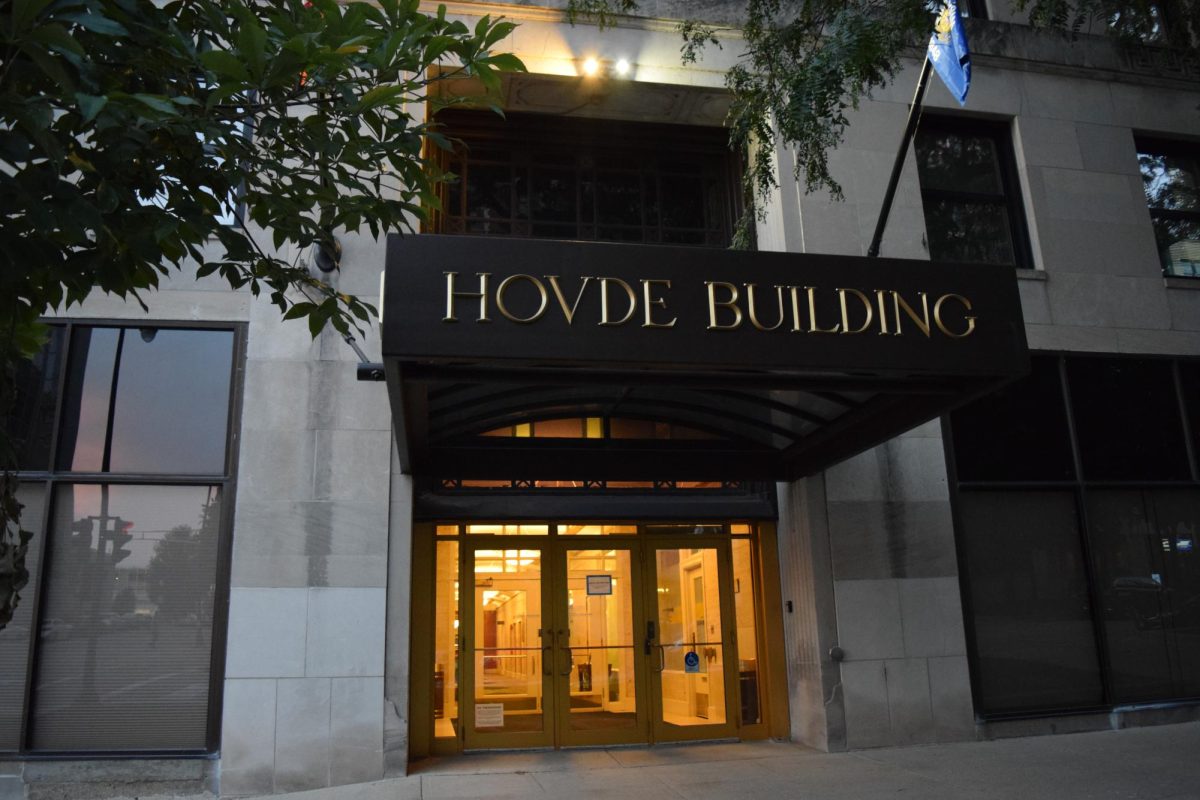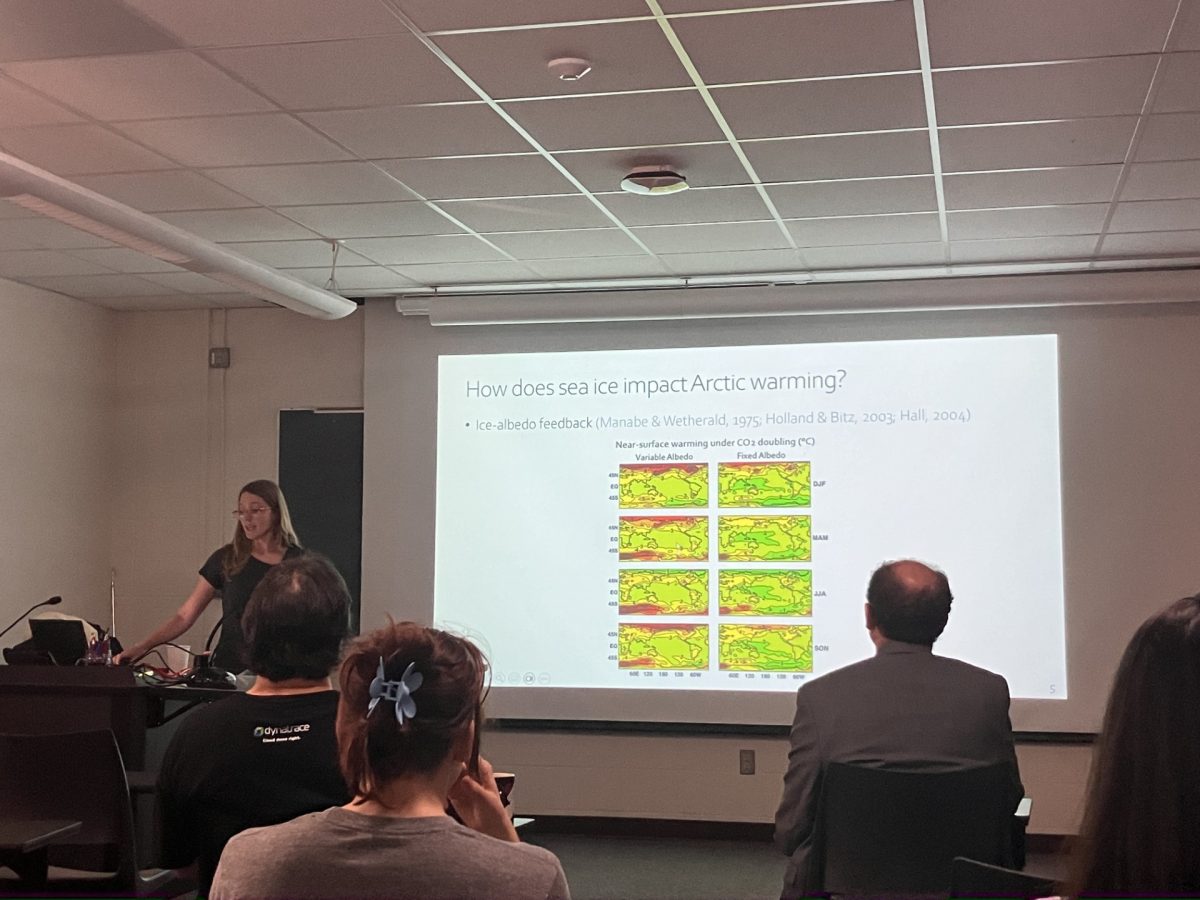Blackjack! Jackpot! Such words of gamblers may soon resonate throughout Dane County if residents vote “yes” on the upcoming Ho-Chunk casino referendum Feb. 17.
Four bingo centers and three casinos are already located on nearly 10,000 acres of tribally owned land in Wisconsin, and if area residents approve a fourth casino in Madison, involved Indian tribes could reap substantial economic benefits.
Lisa Pugh, spokesperson for the Coalition for the Fair Indian Gaming and Revenue Sharing Agreements, which supports the referendum, says that casino revenues could have positive effects for members of the Ho-Chunk Nation.
“The tribal members are required to spend gaming revenues on areas that improve their quality of life,” Pugh said.
Indian tribes have a long history of poverty and reliance on federal and public assistance, and many casino supporters believe Indian gaming has in fact allowed them to improve their quality of life.
Tribes are bound by the federal Indian Gaming Regulatory Act, which requires the gaming profits to be used for five specific purposes: to fund tribal government programs, to provide for the general welfare of the Indian tribe and its members, to promote tribal economic development, to donate to charitable organizations and to help fund operations of local government agencies.
“The Ho-Chunk members follow the federal guidelines in terms of where they invest their money and how they use it to make improvements,” Pugh said.
Pugh believes that the revenues from the new casino, if approved, would substantially benefit the 4,900 members of the Wisconsin Ho-Chunk Nation. She feels the benefits of Indian gaming over the past decade have “lifted” them out of poverty.
“They have a vested interest in the community, especially in terms of housing, education, healthcare and the environment,” Pugh said. “People who were living in the backwoods of Wisconsin in shacks are now in decent housing and people who couldn’t afford healthcare now have healthcare.”
Benefits for the tribe would unfold in several areas. The Ho-Chunk would use their profits from the Dane County casino to improve healthcare, job training and the continuation of education, along with eliminating reliance on public assistance.
The subject of a new Dane Casino is a controversial one for some citizens, however. David Relles, head of the No Dane County group, is worried about the problems casinos may create in communities like Madison.
“Economically, it will have a bad, negative impact on Dane County,” Relles said.
Relles quoted a local impact study projecting that 80 percent of the dollars spent, and lost, at the casino would come from Dane County residents. Only 20 percent of the casino’s revenue is projected to come from outside Dane County.
“The economic model that works for a casino is money from the outside that stays in the community and is reinvested,” Relles said. “But it won’t work here in Dane County.”
But Ned Blackhawk, assistant professor of American Indian Studies at the University of Wisconsin, disagrees.
“The Ho-Chunk have used their constitutionally-recognized rights as a semi-sovereign domestic Indian nation to create recreational gaming enterprises to benefit their communities. [They] have increased their economic, political and cultural preservation programs and resources with gaming,” Blackhawk said.
Dane County voters will determine the fate of the casino in a Feb. 17 public referendum.







